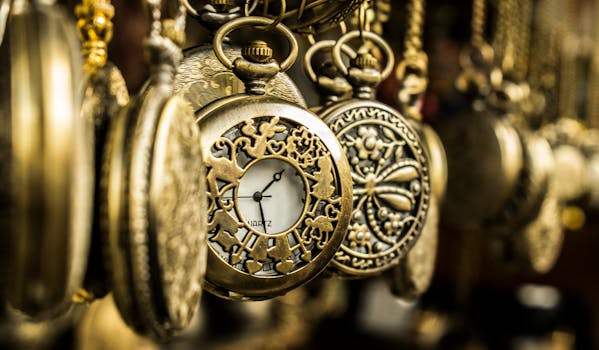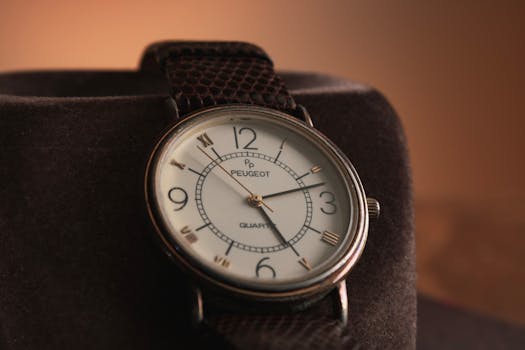The Impact of Quartz Technology on Traditional Watchmaking
Takeaways: Quartz technology has profoundly transformed the watchmaking industry, enhancing accuracy and affordability while posing challenges to traditional craftsmanship. Understanding this impact helps us appreciate both quartz and mechanical watches in today’s market.
Introduction to Quartz Technology

Quartz watches utilize the piezoelectric properties of quartz crystals. When an electric current is applied to a quartz crystal, it vibrates at a precise frequency, allowing for highly accurate timekeeping. This innovation led to the production of watches that maintained impeccable accuracy, often within seconds per month, a feat that traditional mechanical movements struggled to achieve.
The Rise of Quartz Watches

As quartz watches gained popularity, they introduced a new demographic to the world of horology. Young consumers were drawn to the modern design, lower price points, and the convenience that quartz technology offered. In contrast, traditional watchmakers struggled to adapt to this changing landscape, as their timepieces required extensive labor and skill to produce.
Impact on Traditional Watchmaking

In response to the quartz phenomenon, many traditional watchmakers started incorporating quartz movements into their collections. This hybrid approach allowed them to cater to a broader audience while preserving their heritage of mechanical watchmaking. Brands such as TAG Heuer and Rolex began to experiment with quartz technology, leading to the creation of high-end quartz watches that still reflected their brand’s luxury ethos.
The Balance of Craftsmanship and Technology

Today, watchmakers often emphasize the unique qualities of their mechanical watches, such as the complexity of the movement and the craftsmanship involved in their production. This has allowed traditional watchmakers to carve out a niche market, where the appreciation for mechanical timepieces persists alongside the practicality of quartz watches.
Furthermore, the resurgence of interest in vintage and classic watches has fueled a renewed appreciation for traditional horology. Many collectors seek out mechanical watches as investments, recognizing their potential to increase in value over time. This collector culture supports the continued production of high-quality mechanical watches, even in a market dominated by quartz technology.
Conclusion: A Harmonious Coexistence





